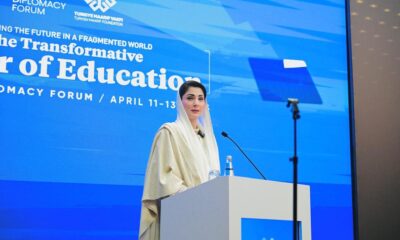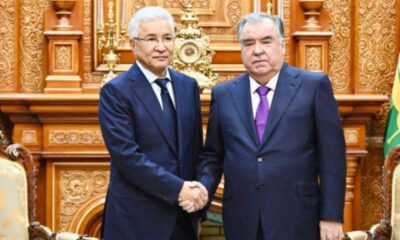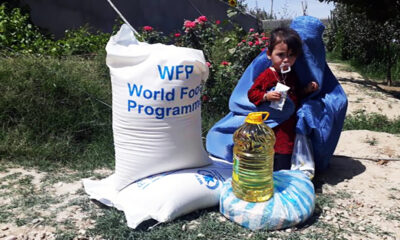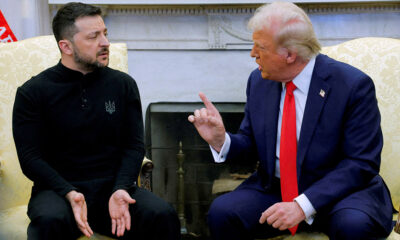Latest News
AWCC launches 3G services in a remote area of Kunar province
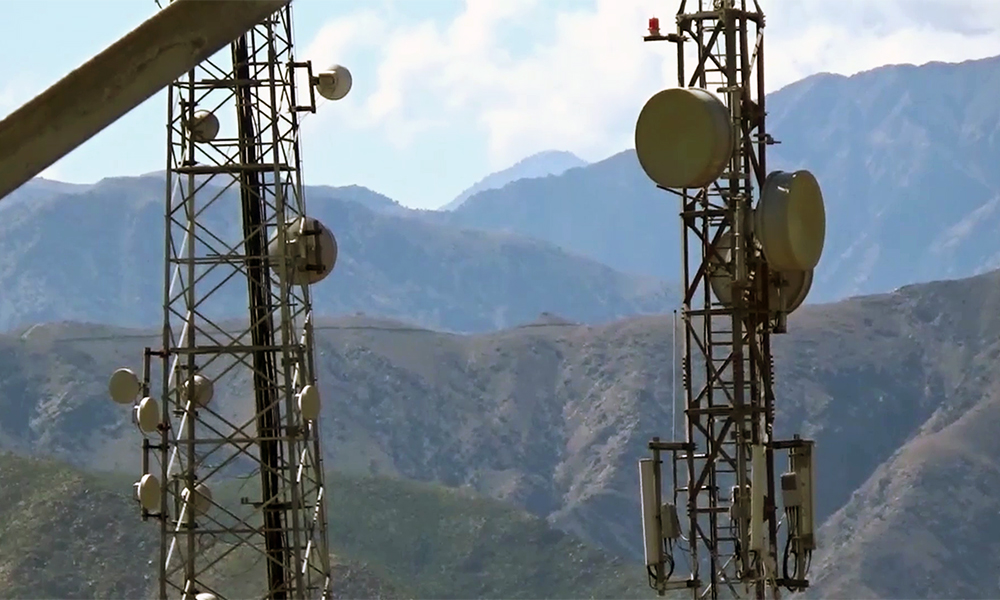
Afghan Wireless Communication Company (AWCC) has rolled out 3G services to the remote Chaghan district in the northeastern province of Kunar.
Being so remote, Chaghan residents have struggled with limited telecommunications in the past but this week they welcomed AWCC’s initiative.
Officials in the area also welcomed the move and said the new infrastructure installed in Chaghan also helps cover surrounding areas.
“An AWCC site was opened in a dominant location. This is a very good place. It is connected to the [provincial] center and covers some areas of Marawar district and Watepur district. We are grateful to AWCC,” said Sajjad, provincial director of communications.
Ejazul Haq Yousufzai, head of Afghanistan Telecom Regulatory Authority (ATRA) in Kunar, said efforts are ongoing for the development of telecommunication services so as to reach all districts in the province.
Local authorities in Kunar expressed their appreciation for the provision of telecommunication and internet services by AWCC and acknowledged that the services provided by the company are of a good quality.
“First of all, we are very grateful to the employees of AWCC for providing these services to the people of Kunar. We ask all companies and institutions to provide such services to the mountainous province of Kunar,” provincial governor, Ahmad Taha, said.
Abdullah Haqqani, deputy governor of Kunar, said: “Kunar is a mountainous province. The number of [cellphone] towers is not enough. We demand that problems faced by the people get solved.”
Local residents also expressed their satisfaction with the recent move of AWCC.
“The opening of this site is a great achievement for these two valleys. With this, these two valleys were connected to the center. The problems that people were facing before have now been solved,” Hayatullah, a resident of Kunar province, said.
Meanwhile, AWCC officials in the eastern zone assured the people of Kunar that the company will provide telecommunication services to all remote areas of the province.
“This site plays a key role for these two valleys, Dangam, Ghazi Abad, Nari, Watepur and up to Nuristan. Without the site, other sites cannot provide these services,” said Attaullah Sahil, head of AWCC in the eastern zone.
With the improvement of the security situation, AWCC has not only expanded its telecommunication services in the eastern zone, but it has covered many remote areas of the zone with 3G and 4G internet services.
Kunar province lies in the northeastern section of the country and borders northern Pakistan. The vast majority of the province is mountainous and extremely rugged.
The province is dominated by the lower Hindu Kush mountains which are cut by the Kunar River to form the forested Kunar Valley. The mountains, narrow valleys with steep walls, and rivers present formidable natural obstacles and have historically constrained all movement through the province.
Even in the early 21st century, movement on foot, with pack animals, or with motorized vehicles is extremely limited and channeled due to the significant geographic restrictions.
Latest News
Pakistan’s Punjab CM calls for ‘human response’ to Afghan girls’ education ban
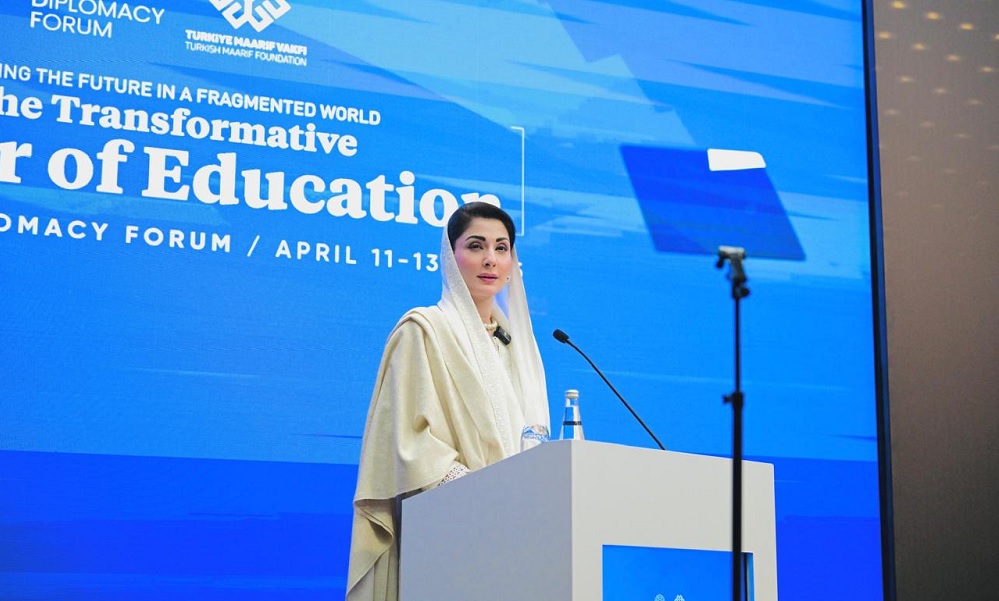
Maryam Nawaz, the chief minister of Pakistan’s Punjab province, on Saturday expressed regret over the educational restrictions on girls in Afghanistan, calling on the international community to address the issue.
Speaking at the Antalya Diplomacy Forum in Turkey, Maryam stressed that no society progresses without investing in the welfare of women and children.
“Innocent children lie under the rubble in Palestine. Girls in Afghanistan are denied access to schools. The children of Kashmir are victims of oppression. In Sudan, they walk miles for food. These are not isolated issues—they demand collective human response,” she said.
The Islamic Emirate has suspended education of girls beyond sixth grade.
This policy has been widely criticised internationally.
Latest News
IEA Supreme Leader defends public executions, says its as ‘part of Islam’
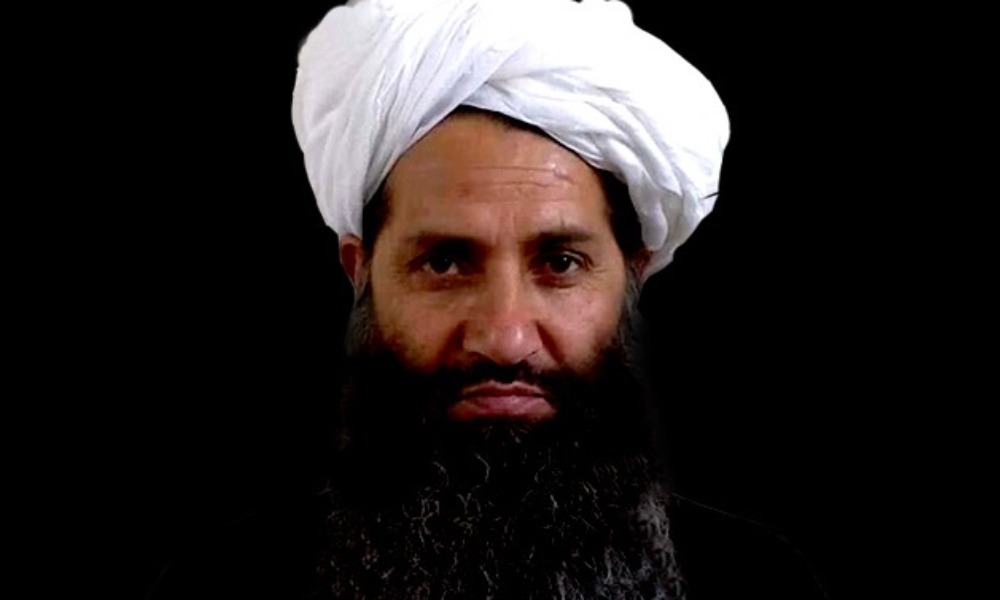
The Supreme Leader of the islamic Emirate of Afghanistan (IEA) Hibatullah Akhundzada has defended public executions and said these are an integral part of Islam.
In a voice clip reportedly taped during a speech at a seminar for Hajj instructors in Kandahar on Saturday, Akhundzada said: “We must carry out disciplinary measures, perform prayers and acts of worship. We must enter Islam completely. Islam is not just limited to a few rituals; it is a comprehensive system of all divine commands.”
Not a single command of Islam should be left unfulfilled, he is heard saying on the voice clip, which was posted to X by the IEA’s spokesman Zabihullah Mujahid.
God had commanded people to pray and to enforce his punishments, said Akhundzada, adding that the IEA did not wage war for power or wealth but rather to “implement Islamic law”. He rejected criticism of the executions.
This comes after widespread condemnation following the execution by firing squad on Friday of four men convicted of murder.
Akhundzada has previously rejected the need for Western laws in Afghanistan.
He said Saturday: “Yesterday, executions were carried out. You saw how much protest was raised in the world, and said that they [IEA] kill people, that they are oppressors, that they terrorize people. They call this terror; they call this against Sharia; but this is a Sharia order to take revenge. One order is to implement the orders of Allah. One order is to impose punishments,” said Akhundzada.
He added that the Islamic Emirate is facing a great test but they will not bargain with the world over Islam, religion, and the Prophet (PBUH).
Latest News
US food aid cut to worsen hunger in Afghanistan: WFP
The latest cut, according to the WFP, is amounting to “a death sentence for millions of people” if implemented.

The new cutoffs in U.S. emergency food aid could worsen the already widespread hunger in Afghanistan, as the World Food Program (WFP) can only support half of the impoverished people with just half rations, warned the WFP on Saturday.
As part of its plan to reduce government deficits, Trump’s administration decided in January to freeze all foreign aid for three months, and more recently, to terminate its emergency food funding to the WFP.
The latest cut, according to the WFP, is amounting to “a death sentence for millions of people” if implemented.
Mutinta Chimuka, WFP’s acting country director, urged international donors to keep supporting Afghanistan, as the country is facing the world’s second-largest humanitarian crisis.
According to Chimuka, the agency can provide assistance to barely eight million people this year. Chimuka said that is an estimation based on its optimistic anticipation that “we get everything else that we are expecting from other donors”.
To stretch the limited resources, the WFP has been giving a half ration to the impoverished individuals, she added.
The WFP plans to provide food assistance to two million people to fight against hunger in the future months, but Chimuka expressed her worries given the limited funding.
-

 Sport5 days ago
Sport5 days agoAfghanistan’s national futsal team heads to Morocco
-
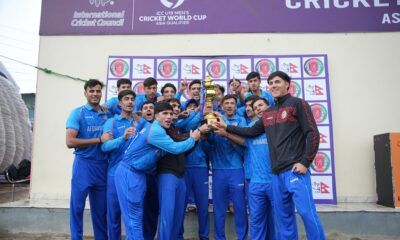
 Sport4 days ago
Sport4 days agoAfghanistan win U-19 cricket series despite rain-impacted loss to Nepal
-
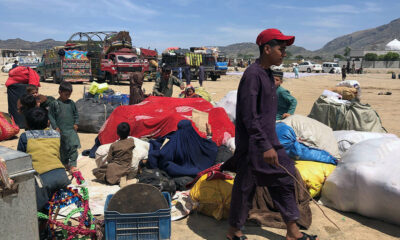
 Latest News5 days ago
Latest News5 days agoPakistan expels thousands of Afghan nationals in fresh drive, says UNHCR
-
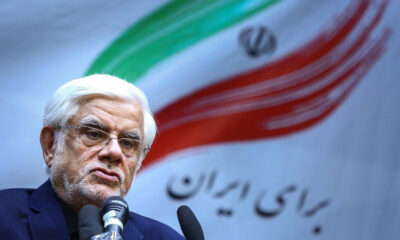
 Latest News4 days ago
Latest News4 days agoIran’s Vice President advocates stronger ties with neighbors, especially Afghanistan
-
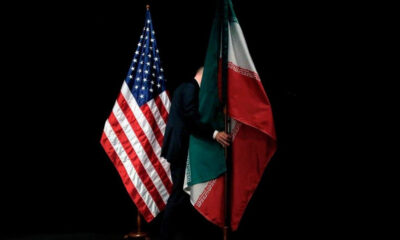
 Regional4 days ago
Regional4 days agoUS energy secretary sees tighter sanctions on Iran without deal
-
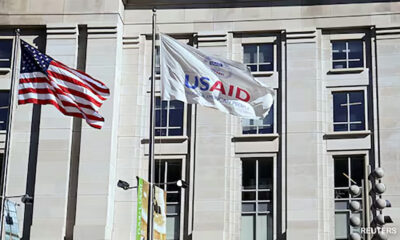
 Latest News5 days ago
Latest News5 days agoTrump administration moves to restore some terminated foreign aid programs, sources say
-
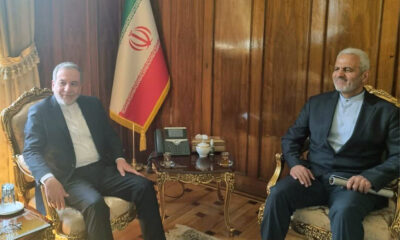
 Latest News4 days ago
Latest News4 days agoBigdeli updates Iran’s FM on current status of bilateral relations with Kabul
-
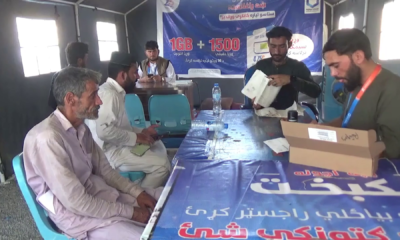
 Latest News4 days ago
Latest News4 days agoAWCC distributes free SIM cards to returning refugees from Pakistan


